This is primarly an ARCHIVE, noting activities of the Future Making Research Consortium between 2014-2022
Through a range of ongoing projects, we engage in proactive, future-oriented research.

The Skagen Institute (still active in 2025)
How might we think differently about our methods to better grapple with the complexity of 21st Century contexts? In 2013, this project was launched to make space, particularly in the Nordic countries, to innovate more radically in social and humanistic research methods.
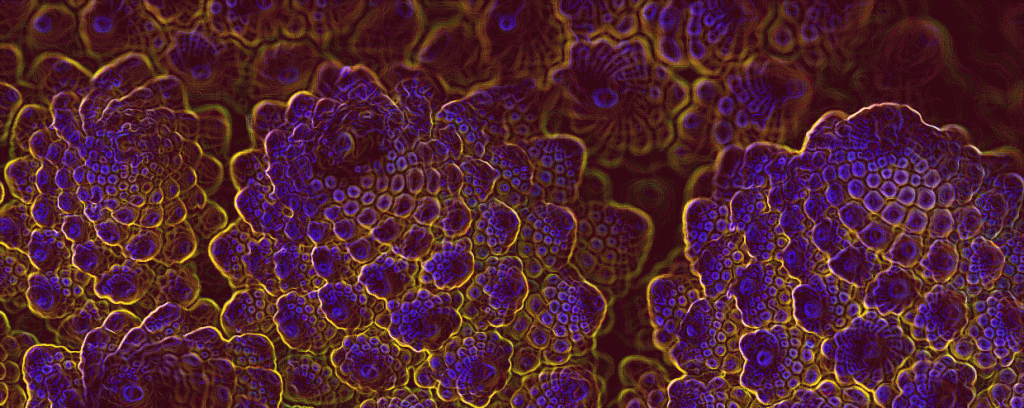
Massive :: Micro :: Sensemaking :: COVID
How is the experience of COVID-19 transforming everyday life? How are we making sense of this moment on both a global and granular scale? Massive_Micro was launched as a research project to respond to the need for critical study of the lived experience and social impacts of the pandemic. This is a time-sensitive, 6-month project to collaboratively generate rich autoethnographic accounts of the impact of life under pandemic conditions even as these change.
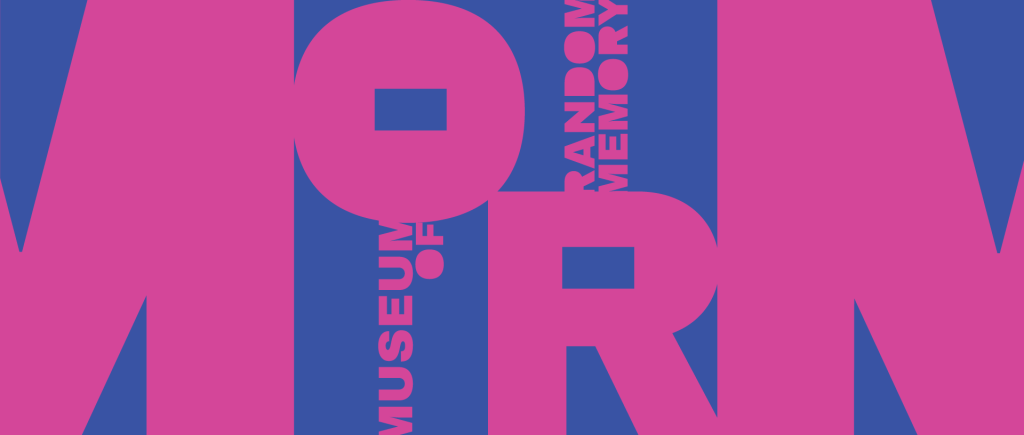
Museum of Random Memory (MoRM)
This project is an ongoing series of interactive exhibitions and workshops performed by an international team of researchers, students, activists, artists, and computer scientists. Part of the larger Creating Future Memory project at Aarhus University. By enacting curation and intervention as experiments in public spaces, we explore the nexus of digital and material culture with a particular focus on remembering and forgetting, past and present, archives and ephemera.
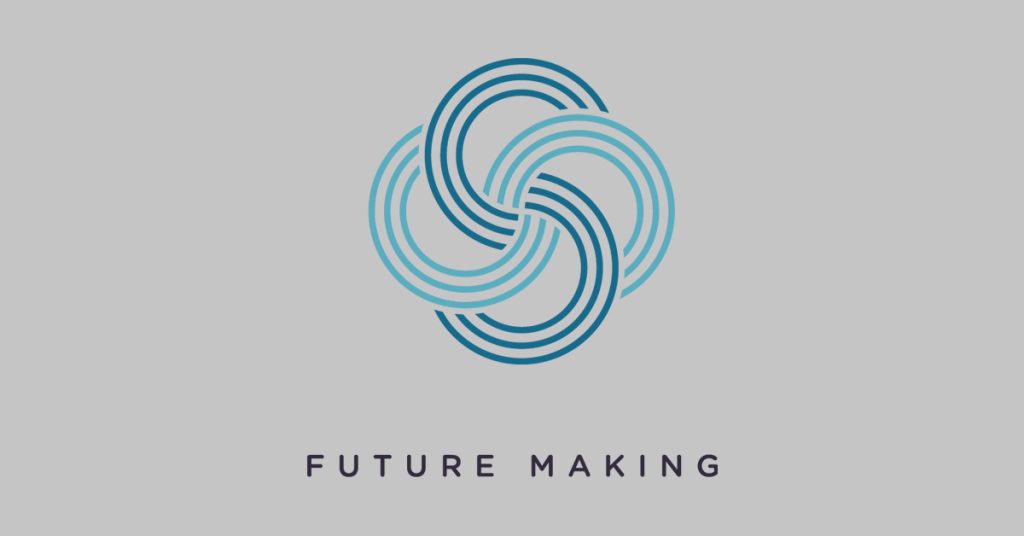
From Bones to Bytes
This project focuses on the politics and ethics of digital human remains – the data that we leave behind on the web as we pass away. Within the next three decades alone, approximately 2.7 billion people will die. As many of them will be internet and social media users, they will collectively leave behind an enormous volume of data. The question is what we, as a civilisation, choose to do with these data. Whose digital footprint should be saved and curated?
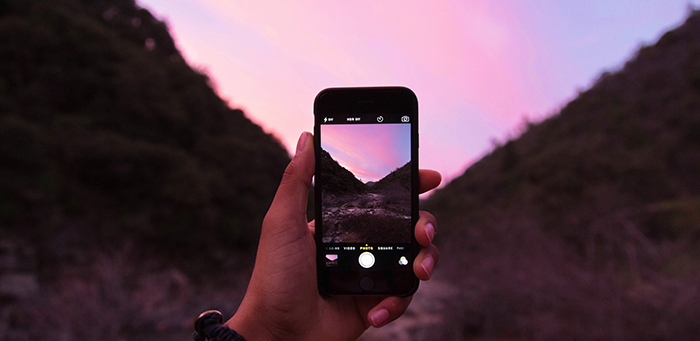
Creating Future Memory
This critical data studies project is designed to find and foster innovative methods for thinking about how digitally-mediated lived experience is forgotten, preserved, or automated through data. Using interventionist modes of speculative futuremaking with participants in a range of activities, including the Museum of Random Memory, this project addresses an urgent concern about regaining control of our future cultural histories.

Produsing Ethics for the digital (near) future
How can academic researchers lend their intellectual strengths and energies to more directly help create better ethical futures?
This project focuses on developing methods for including more future-oriented or speculative elements in studies of socio-technical contexts and relations. It brings consideration of present and near-future ethics more centrally to speculative futuremaking methods
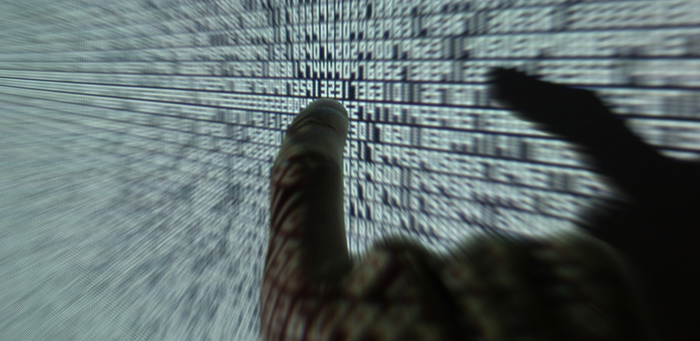
Tracing the Circulation of Communicative Objects
The web thrives on connections of individuals and many use only a few platforms like Twitter or Facebook to share, connect and keep in touch. This project aims to understand this new environment of communication in regard to journalism.
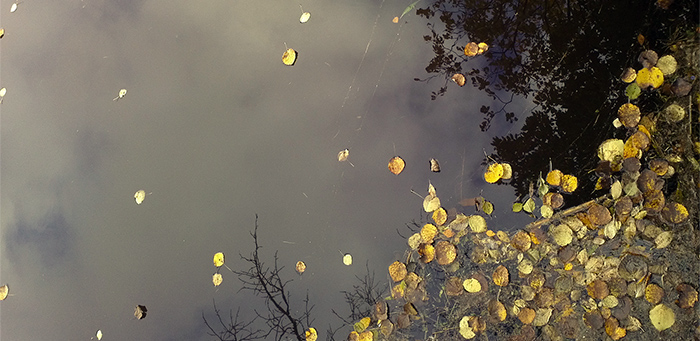
The Institute of (im)Possible Subjects
This collective aims to construct a knowledge commons through and about media and technoscapes, framed by women’s voices and experiences.
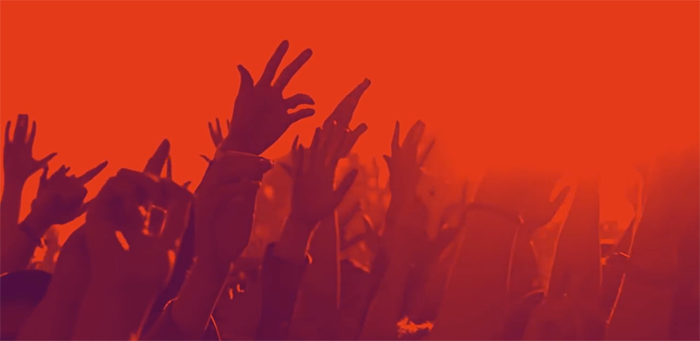
Visuality, Culture, Method (PhD Summer School series)
Starting from the standpoint that visuality is a central focus in scholarly inquiry, this project group aims to trace and challenge its implications in terms of theory, method, and empirical standards. The outcome of this collaboration has been a series of PhD summer schools in 2012 2015, 2018, 2024, 2025
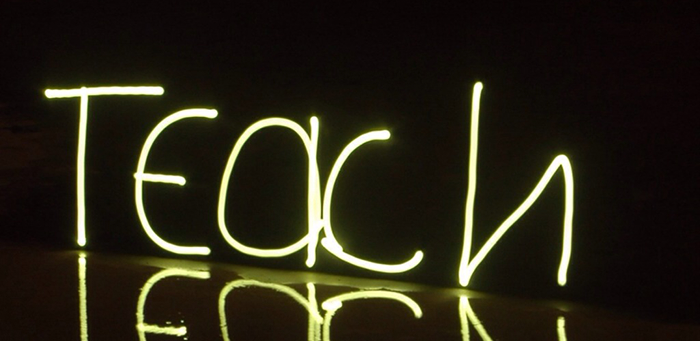
Education: The day after tomorrow
This project aims to design, develop and promote innovative theories, methods and practices for fostering technological imagination, innovation and agency in 21st century education.

All the Feels
This research group uses different methodological approaches such as discourse and rhetorical analysis, phenomenological analysis of video material, etc. to collaboratively explore how young people have felt about their own social media use from 2012-2018, based on young adults’ own autoethnographic analyses.
